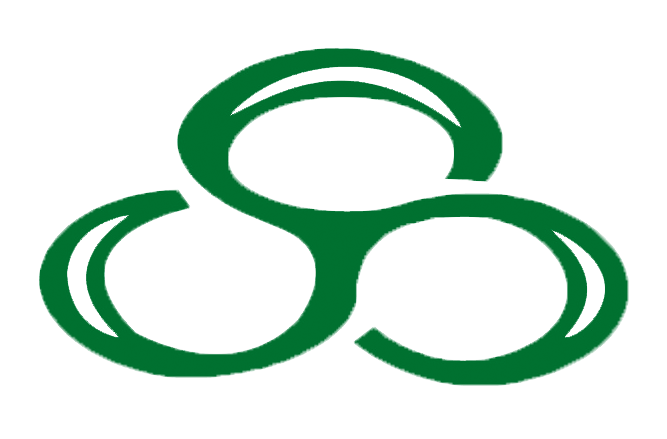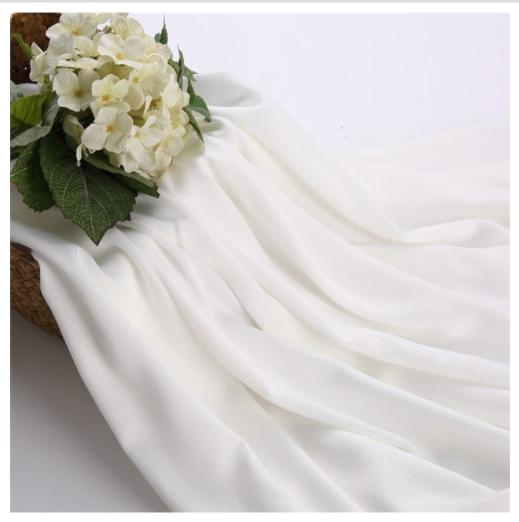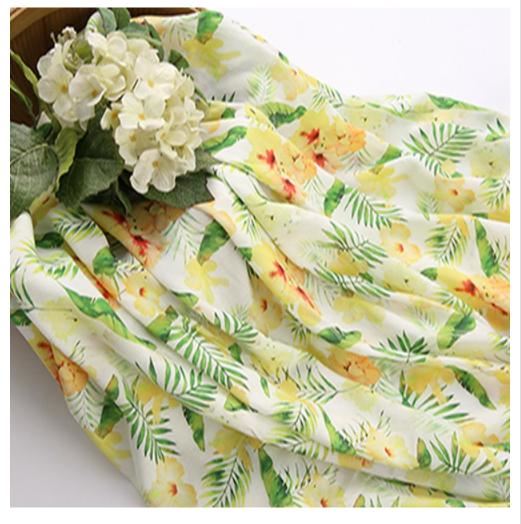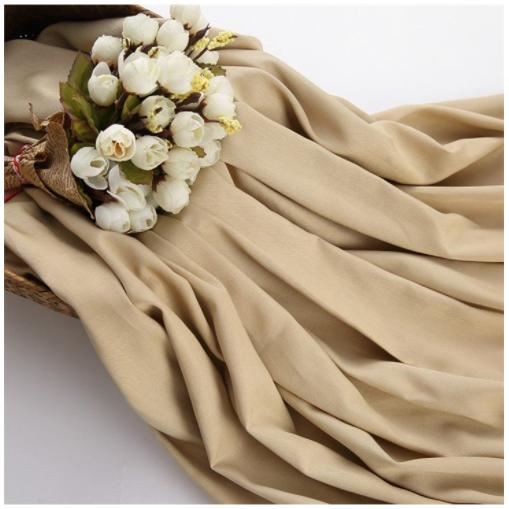It’s neither a synthetic nor a natural fiber. Viscose is a semi-synthetic fiber because it’s derived from a natural source, but needs extensive processing using chemicals. It’s a manufactured fiber, originating in natural wood cellulose, or protein, while synthetic fibers are completely man-made. There are different ways of manufacturing these semi-synthetic fibers, often referred to as “regenerated cellulose.”
What is rayon?
The term rayon refers to a group of smooth fibers made from regenerated cellulose. It was first developed in France in 1883 as a cheap alternative to silk. Later in 1924, this silk alternative textile was officially named rayon.
What is the difference between viscose, modal, and lyocell?
Viscose, modal, and lyocell are all rayon fibers. They all originate from wood pulp. The difference lies in the method of treating them, leading to structural variations in the fiber. Essentially, all rayon fibers are named after the process in which they are treated. So modal, lyocell, and viscose rayon are manufactured using the modal, lyocell, and viscose processes respectively.
Is viscose better than cotton?
Viscose is semi-synthetic, unlike cotton, which is made from a natural, organic material. Viscose is not as durable as cotton, but it’s also lighter and smoother in feel, which some people prefer over cotton. One is not necessarily better than the other, except when you’re talking about durability and longevity.
Is viscose fabric stretchy?
Viscose has a nice, silky feel, and it drapes nicely. That’s why it’s so popular for clothing. It does have a stretchy feel when it’s combined with spandex, but by itself, it is not a naturally stretchy material.
Ecovero Viscose Fabrics
Ecovero viscose, made from purified cellulose, it is produced from specially processed wood pulp and is often compared to silk and cotton. And it has become the most eco-friendly and sustainable alternative for common viscose in the world, usually been used to make soft, silky fabrics, luxurious feeling fabric.
EcoVero™ is a more sustainable viscose made using sustainable wood from controlled sources: FSC (Forest Stewardship Council) or PEFC (Program for Endorsement of Forest Certification Schemes) certified in Europe, instead of bamboo or eucalyptus, which is commonly used in normal viscose production.
What are the benefits of EcoVero™ fabrics?
Made from purified cellulose, EcoVero™ fiber is produced from specially processed wood pulp and is often compared to silk and cotton.
· Natural and renewable
· Sustainable
· Biodegradable
· Gentle on the skin
· 50% lower emissions and water impact than generic viscose
· Lenzing certified
Responsible production process
EcoVero™ is derived from certified renewable wood sources using an eco-responsible production process.
EcoVero™ offers 50% lower emissions and water impact than generic viscose and 100% supply chain transparency.





